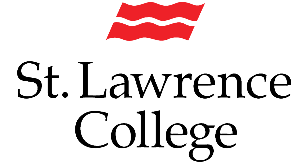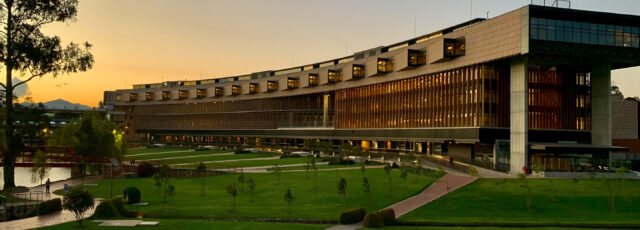
Research & Consulting for Higher Education
Canadian Higher Ed's Most Trusted Partner
Two decades. 200 client institutions.
We're here to help Canadian higher ed move forward.
We're here to help Canadian higher ed move forward.
Our Work
Let's Solve it Together
Questions are a familiar part of the postsecondary education sector. Answers, however, can be harder to find without a little outside help. That's where we come in.
Research
The data insights you need to form a foundation for your next program, plan, or decision.
Consulting
Expert guidance to help you understand your current situation, form your next evidence-based plan, and achieve your goals.
Hear From Our Past Clients
View Case Studies
Read the latest edition of…
Today's Top Ten
March 2, 2026
AB tables 2026 Budget
UBC opens health-focused Gateway Health building
NB postsecondary responds to proposed cuts, premier rejects STU closure
UoGuelph, Egg Farmers of Canada renew research chair focused on poultry welfare
Canadian university sports must adapt to face budget constraints: Opinion
St Clair, CMVF3C sign agreement to support military-connected students
McGill launches Athletics and Recreation Strategic Planning Task Force
ITK says AI-generated renderings of INU circulating online not legitimate
McMaster DeGroote School of Business announces reimagined co-op model
URegina receives funding from Innovation Saskatchewan for antimicrobial, water research
Indigenous Top Ten
February 25, 2026
Inuit Nunangat University campus to be in Arviat, new funding provided by NTI, Canada
ON announces new funding system with investment in Indigenous institutes
SK schools celebrate Indigenous Storytelling Month 2026
ISC announces one-year extension to ICFI
RRC Polytech waives application fees for Indigenous applicants
Stelly’s Secondary School students develop locally-relevant Indigenous course
U of T Family Medicine Chair named for John Big-Canoe
HSD launches investigation after student targeted by racially motivated bullying
UMontréal brings in Indigenous cultural experts to add insight to anthropology collection
Schools, postsecondary institutions celebrate Louis Riel Day

The Perfect Fit.The First Time.
Simplify your hiring process or job search with Canada's leading postsecondary job board.














